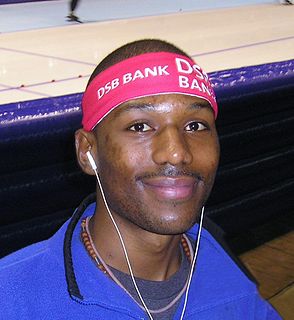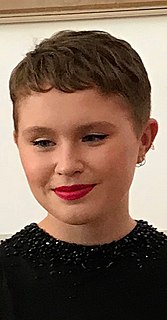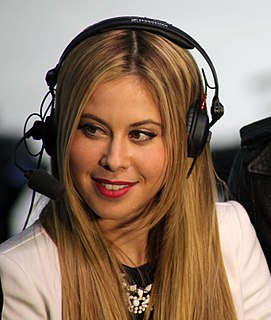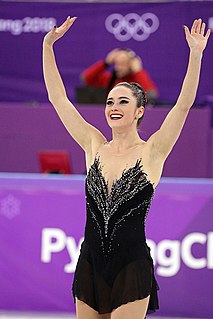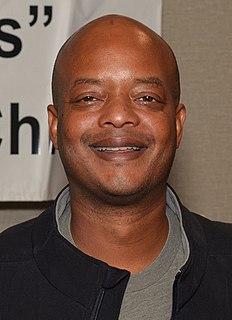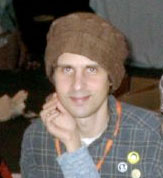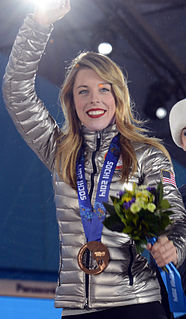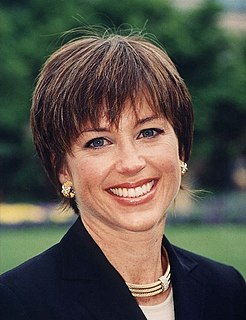A Quote by Shani Davis
I usually just write down what I'm doing and how I felt. How I felt if I'm skating fast, compared to if I'm skating slow or if I'm tired. I can always go back and look as a reference and see what I was doing. It's pretty much my life on ice.
Related Quotes
When I was little, I used to go to the local ice-skating rink. In my mind, I always felt like I could twirl and jump, but when I got out onto the ice, I could barely keep my blades straight. When I got older, that's how it was with people: In my mind, I am bold and forthright, but what comes out always seems to be so meek and polite. Even with Evan, my boyfriend for junior and most of senior year, I never quite managed to be that skating, twirling, leaping person I suspected I could be. But today, apparently, I can skate.
There're two different kinds of skating. There's the style skating, and there's the trick skating. He (Tony Hawk) does the trick skating so heavy duty, that he can overcome the style skating. There's always the chance that the style skater can come back, but the whole deal really is learning tricks.
With my friends, it was always essentially true stories. That's how I always felt about doing King-Cat. This is something that really happened, whether it makes me look good or bad, or someone else look good or bad. This is what happened, and it's my job in life to write it down. Nowadays, I'm a lot more conscientious about it. I'm not out to attack somebody in print.
